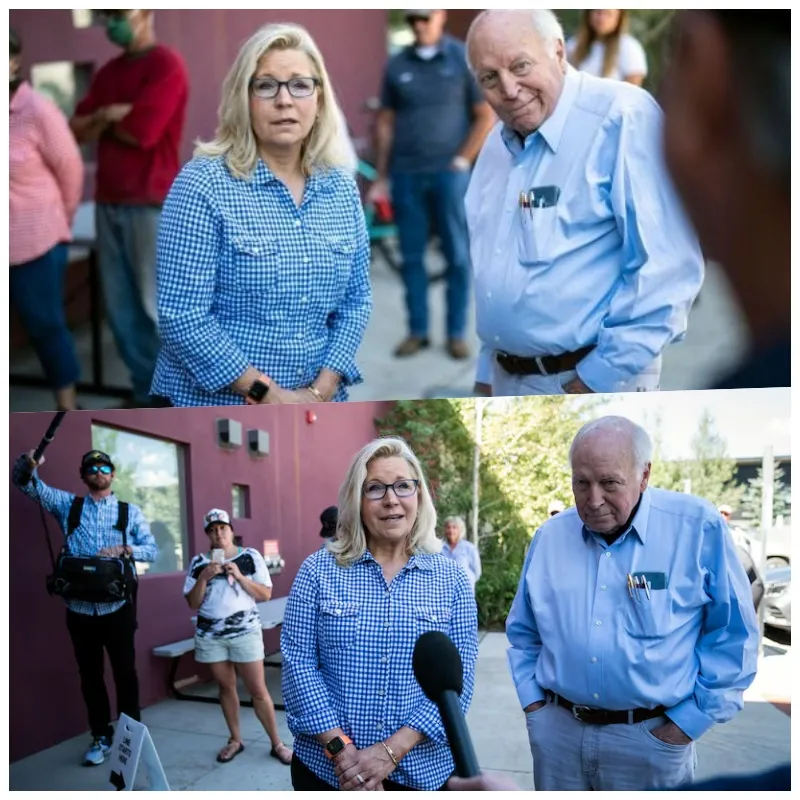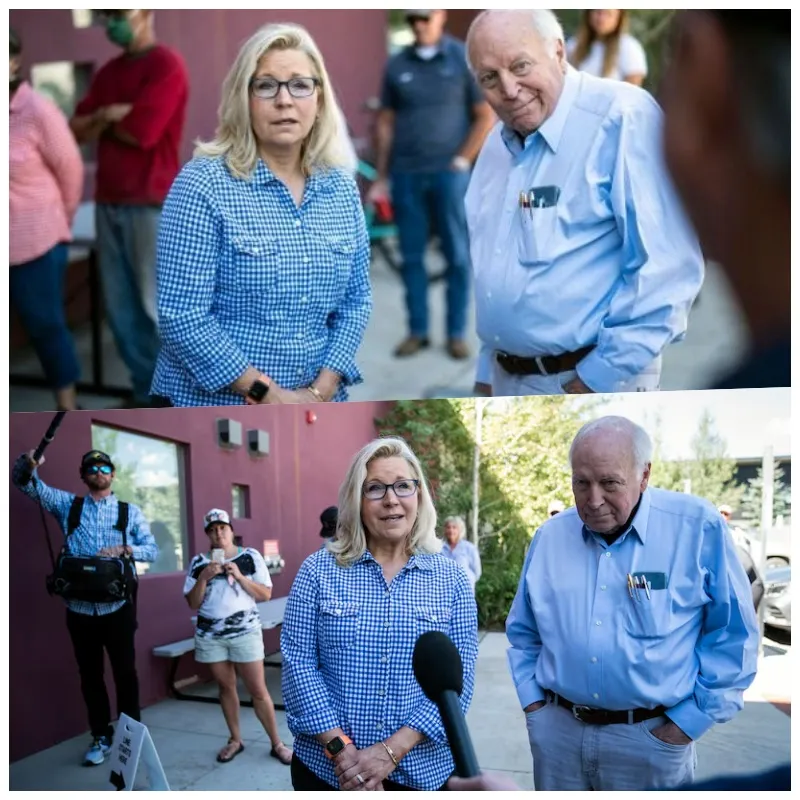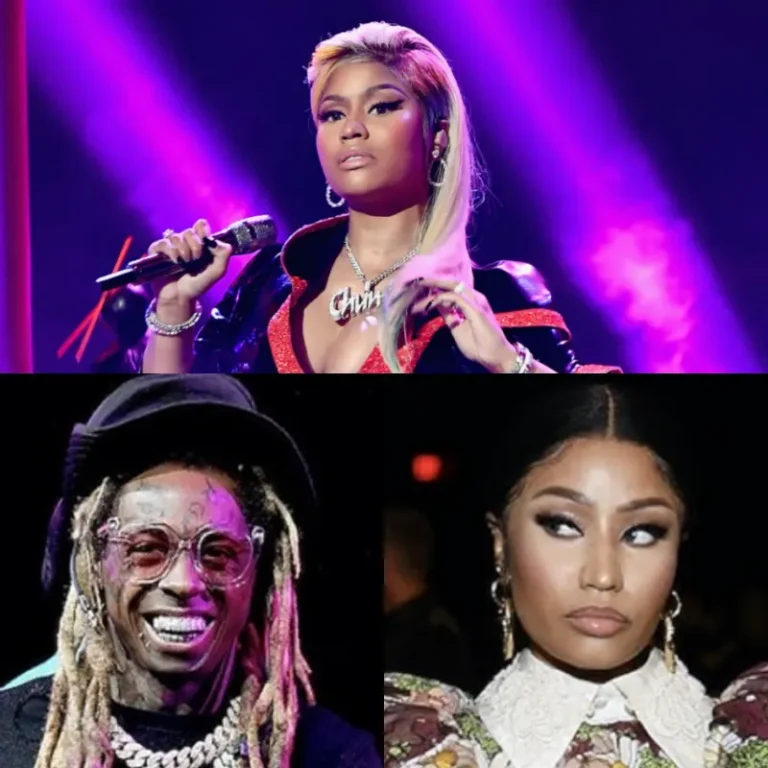
Former Vice President Dick Cheney says he’ll vote for Kamala Harris
Cheney’s endorsement of Harris was first revealed by Liz Cheney during an interview at The Texas Tribune Festival. As she spoke onstage with Mark Leibovich of The Atlantic, the announcement caught the audience off-guard, eliciting cheers and surprised reactions. Liz Cheney, who had herself endorsed Harris just days earlier, confirmed her father’s position and spoke to the importance of putting country over party—a principle that has defined much of the Cheneys’ political rhetoric since their break with Trump. The news represents a deepening of the political rift between the Cheneys and Trump, highlighting how far the former Republican powerhouses are willing to go to distance themselves from a party they once helped lead.

Dick Cheney’s endorsement was formalized in a statement released on Friday, which was more focused on condemning Donald Trump than on praising Kamala Harris. He asserted that Trump “can never be trusted with power again” and urged voters to prioritize the defense of the Constitution above partisan interests. Cheney’s opposition to Trump has been a consistent theme since 2020, when he and his daughter became vocal critics of the former president’s efforts to overturn the election results. The former vice president’s message aligns with the broader narrative of Trump as a threat to democratic institutions, a view shared by many Republicans who are now estranged from the party’s Trump-aligned leadership.
The Cheneys’ public break from Trump began during Liz Cheney’s tenure in Congress. She was one of the few Republicans to vote for Trump’s impeachment after the January 6 Capitol insurrection, a decision that ultimately cost her reelection in Wyoming, a deep-red state with strong pro-Trump sentiments. Liz Cheney’s primary loss to a Trump-endorsed candidate, Harriet Hageman, was seen as a sign of Trump’s continued dominance in certain Republican strongholds, but it did not deter the Cheneys from doubling down on their criticism of the former president.
Dick Cheney’s endorsement of Harris also sheds light on a broader debate within the Republican Party about the future of its leadership and core principles. His decision to back a Democrat highlights the deep fractures that exist in the GOP, particularly between traditional conservatives and the Trump-aligned faction that now controls much of the party’s narrative. Cheney’s support for Harris is framed as a vote against Trump’s return to power, rather than an ideological alignment with the Democratic Party. Cheney, a longtime conservative known for his hawkish foreign policy and close ties to the Bush administration, has not renounced his Republican values. Instead, his decision reflects a willingness to cross party lines in the interest of preserving what he views as fundamental to the nation’s survival: democratic integrity.

Unsurprisingly, Trump responded to the endorsement with disdain, taking to his Truth Social platform to dismiss Cheney as an “irrelevant RINO” (Republican in name only). This reaction highlights Trump’s grip on the party and his tendency to ostracize anyone who questions his authority. Trump’s spokesperson, Steven Cheung, even responded sarcastically to the news, asking, “Who is Liz Cheney?”—a rhetorical jab underscoring how far the Cheneys have fallen from grace in Trump-dominated Republican circles.
For Kamala Harris, the endorsement from a former Republican vice president is a symbolic victory. While she has yet to comment extensively on the endorsement, her campaign chair Jen O’Malley Dillon acknowledged Cheney’s support, lauding his decision to “put country over party.” The endorsement also carries weight given Cheney’s history as a central figure in American politics, with many seeing his decision as a powerful statement about the dangers of Trumpism.
In sum, Dick Cheney’s endorsement of Kamala Harris marks a significant moment in American politics, signaling how deep the divisions have become within the Republican Party. It speaks to the lengths some former GOP leaders are willing to go to safeguard democracy in the face of what they perceive as an existential threat posed by Donald Trump’s potential return to power. For the Cheneys, this is not about partisanship but about the future of the country.






